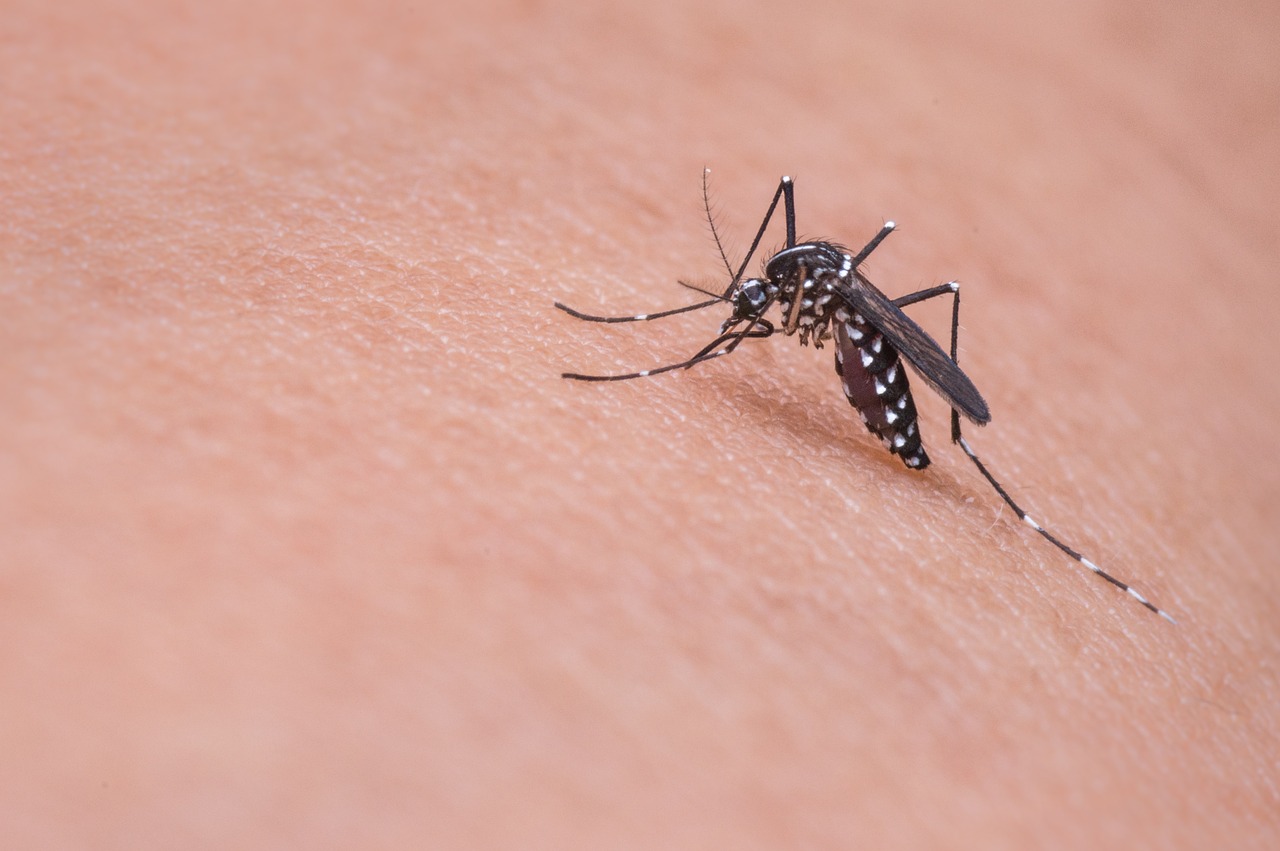Israel has received its first warning of the deadly dengue fever approaching the region from the Far East and South America, now that the Health Ministry has announced 7 cases of infection with the deadly dengue fever virus in Sharm el-Sheikh in the last month.
According to Prof. Schwartz, this is the most common disease in the southern hemisphere.
“Changes in the climate contribute to the proliferation of mosquitoes and their easier movement, and also to the reproduction of the virus in their bodies, so the outbreak will undoubtedly occur here as well if it came so close from the Far East to the Sharm region.”
Dengue fever: Severe fever and pain to the point of death
What causes dengue?
Dengue fever is a viral disease transmitted to humans through the bite of an infected mosquito. The cause of the disease is the dengue virus, which is transmitted by the Asian tiger mosquito, which is active mainly during the day.
Where is the disease spread?
In tropical and subtropical areas, but the disease is spreading to the western world as well.
What are the symptoms of the disease?
Symptoms appear 3 to 14 days after a mosquito bite and include high fever, throbbing headaches, muscle and joint pain, and body aches.
As the fever drops, an itchy rash appears. The symptoms last about a week, but they often last longer in the phenomenon called “long dengue.” In severe cases, the disease can cause bleeding, a drop in blood pressure, organ failure, and death.
How is dengue fever diagnosed?
A blood test that detects antibodies to the virus or its genetic material in a PCR test carried out in Israel at the central laboratory for viruses at the Sheba Medical Center, where the specific strain among the four strains of the virus is identified.
Who is at increased risk?
Elderly people suffering from underlying diseases, including diabetes, heart and lung diseases, or people who have had dengue fever in the past.
How are you treated?
Treatment is symptomatic only and includes pain relief and fever reduction, fluid infusion and sometimes antibiotics to prevent secondary infection. Rest is an important component of the patient’s recovery, which is carried out under supervision.
How do you prevent infection?
These days, a new vaccine against dengue called Q-dangue has arrived in Israel and is given in the travelers’ clinics as an arm shot.


